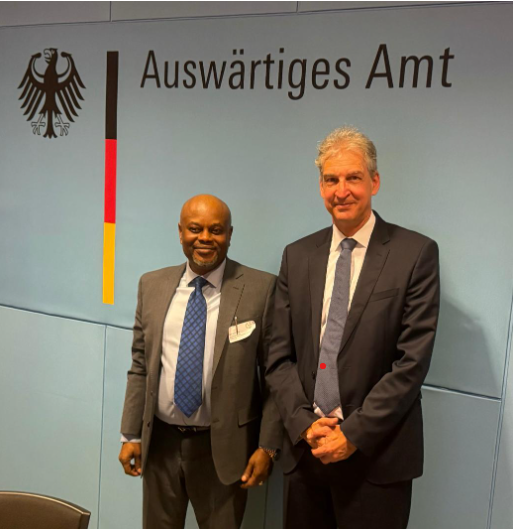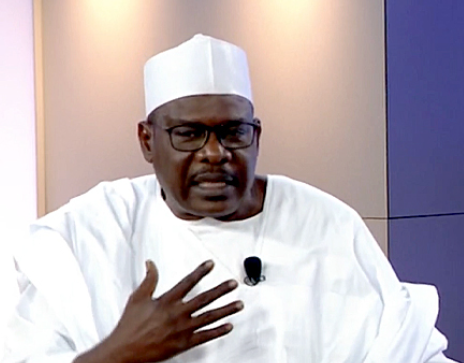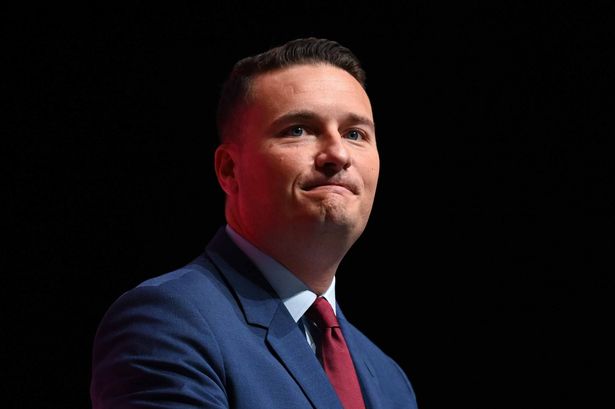Nigeria to benefit from €4bn German green energy investment
Nigeria is set to benefit from Germany’s ambitious €4bn investment in green energy projects across Africa by 2030.
This was disclosed in a statement by the Director of Media and Corporate Communications at the National Space Research and Development Agency, Dr Felix Ale, on Tuesday.
Ale shared the insights following the German Federal Foreign Office H2 Diplo Study Tour, during which Nigeria’s Minister of Innovation, Science, and Technology, Chief Uche Nnaji, emphasised the strategic importance of this collaboration.
“Nigeria is making a bold move in its energy transformation by positioning itself to benefit from Germany’s €4 billion commitment to green energy projects across Africa by 2030”, Nnaji said.
He said, “This initiative is fully aligned with President Bola Ahmed Tinubu’s Renewed Hope Agenda, which emphasises economic diversification, job creation, and sustainable development—key pillars of his 8-point plan to revitalize Nigeria’s economy.”
The minister added that the engagement with Germany was built on fruit discussions between the president and the Chancellor of Germany.
“Our engagement with Germany builds on the fruitful discussions between President Tinubu and Chancellor Olaf Scholz, which resulted in a landmark €500 million renewable energy and gas deal,” Nnaji stated.
Nnaji revealed that the discussions involved key representatives from German ministries, including the Federal Ministry of Research and Education and the Federal Ministry for Economic Cooperation and Development.
“These stakeholders are pivotal in advancing the green hydrogen initiative, a clean and renewable resource poised to decarbonize industries and enhance energy security in Nigeria,” he added.
The minister noted that Green hydrogen often likened to the oil and gas of the future, presents vast economic opportunities.
He revealed that Germany plans to import green hydrogen from Nigeria as part of its efforts to achieve carbon neutrality by 2045.
“As Germany aims for carbon neutrality by 2045, it plans to import green hydrogen from partners like Nigeria, underscoring the strategic significance of this collaboration.
“This partnership not only supports President Tinubu’s goals of innovation and industrial growth but also positions Nigeria as a leader in the global green hydrogen market”, Nnaji noted.
By adopting advanced technologies and creating a conducive business environment, Nnaji highlighted that Nigeria aims to attract substantial foreign direct investments, generate employment, and expand its energy export capabilities.
He added, “The potential for Nigeria to export green hydrogen to Europe and beyond enhances its leadership role in Africa’s green energy landscape and solidifies its status as a vital partner in Germany’s energy transition.”








